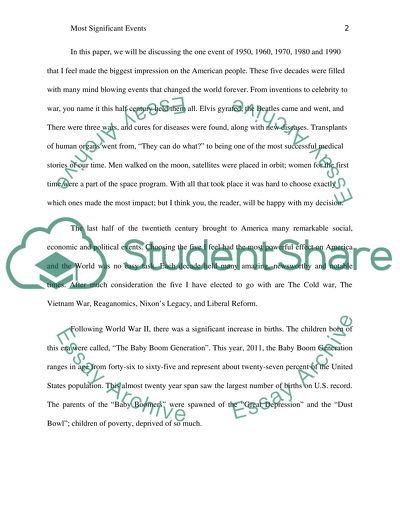Cite this document
(“Most Significant Events Essay Example | Topics and Well Written Essays - 1750 words”, n.d.)
Retrieved from https://studentshare.org/history/1429912-most-significant-events
Retrieved from https://studentshare.org/history/1429912-most-significant-events
(Most Significant Events Essay Example | Topics and Well Written Essays - 1750 Words)
https://studentshare.org/history/1429912-most-significant-events.
https://studentshare.org/history/1429912-most-significant-events.
“Most Significant Events Essay Example | Topics and Well Written Essays - 1750 Words”, n.d. https://studentshare.org/history/1429912-most-significant-events.


